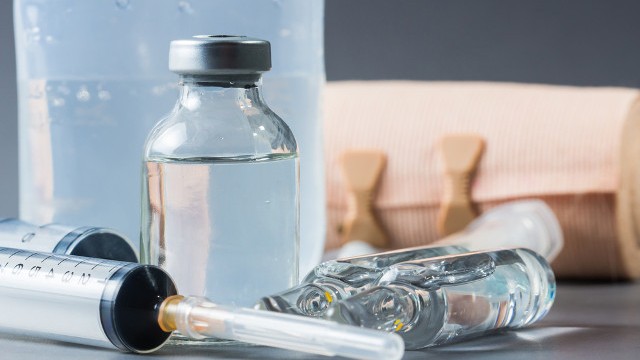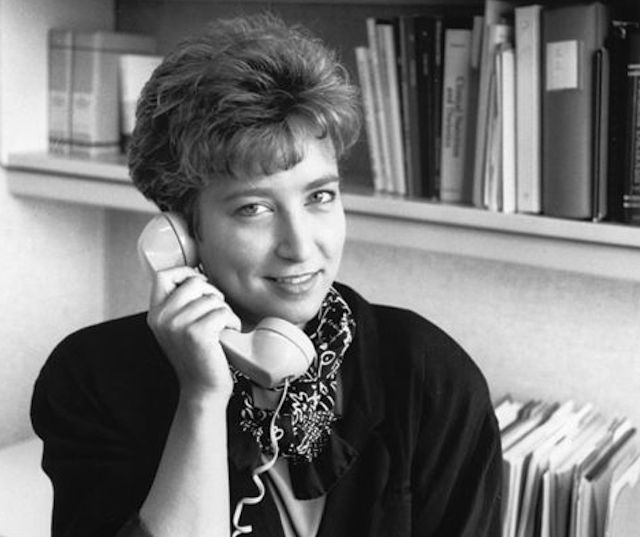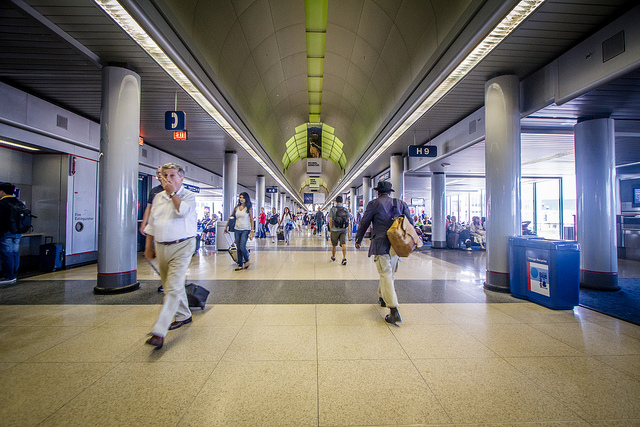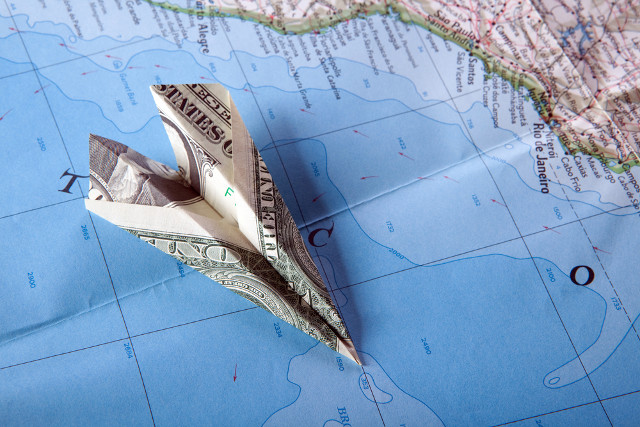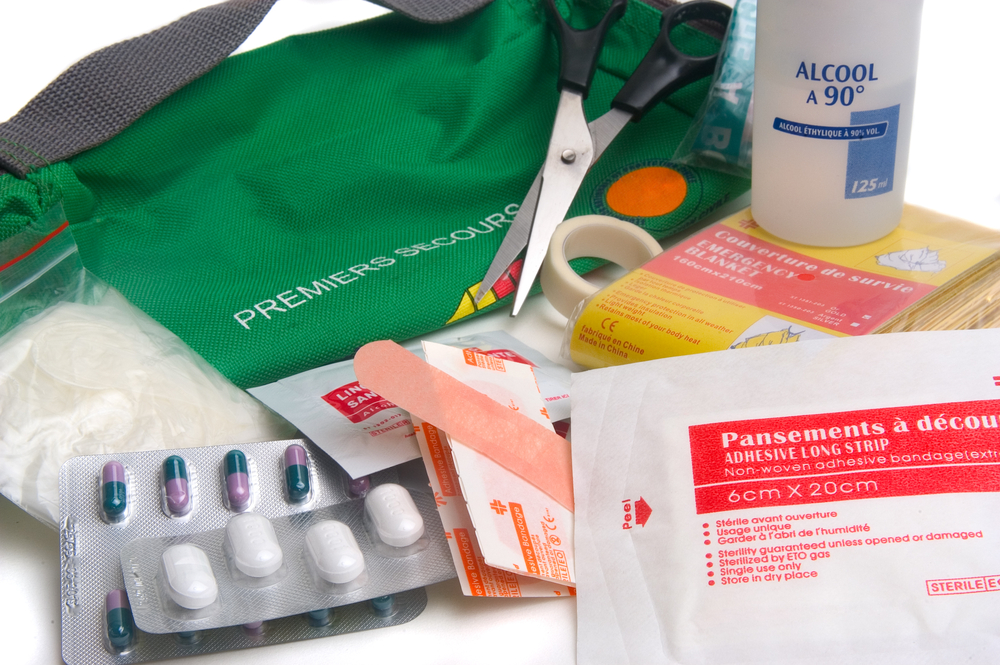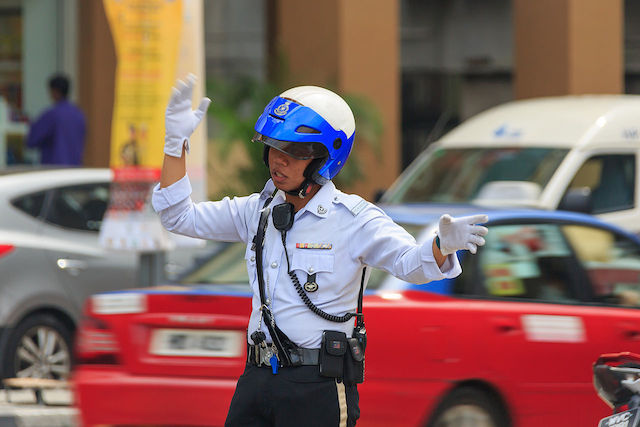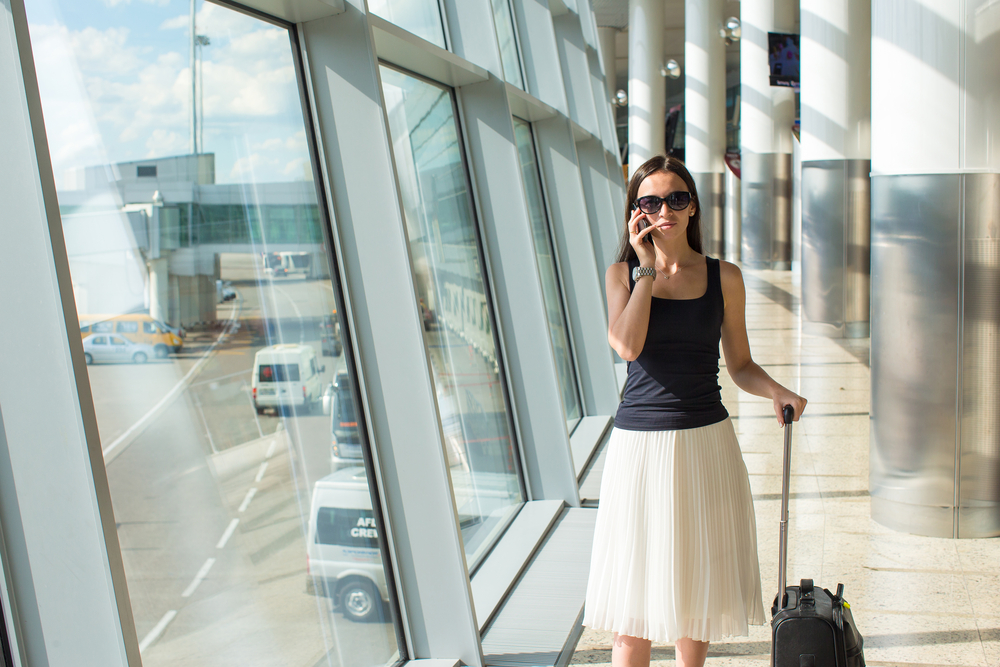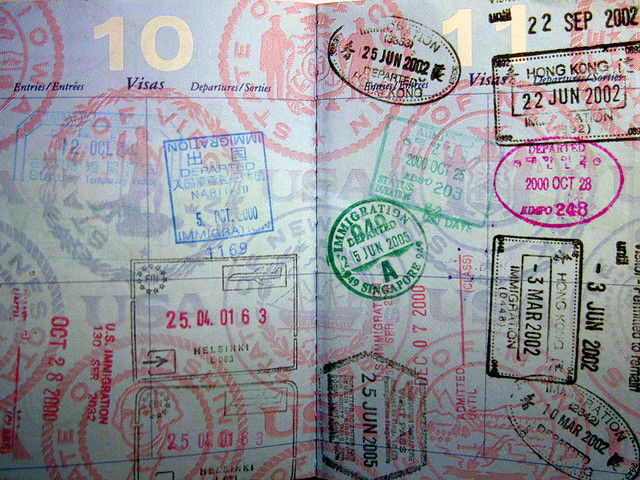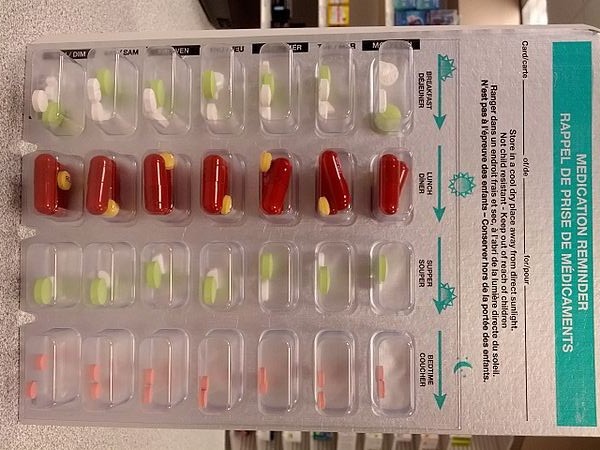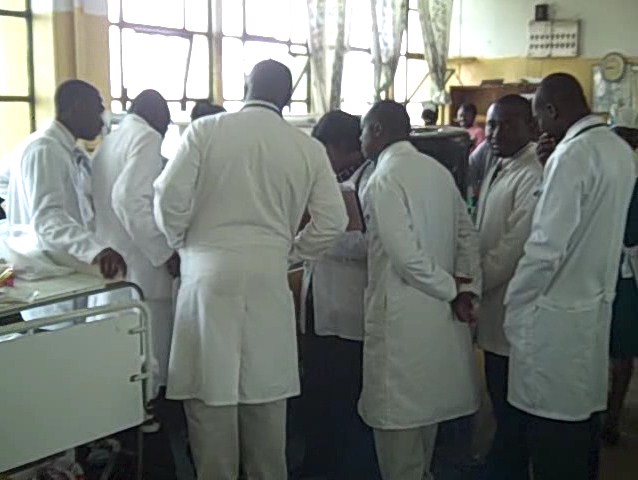The high price of health costs have led many travelers to search for cost effective options throughout the world. Consider these 15 tips before booking any type of medical tourism.
1. Research Is Important
Research provides valuable information about each destination as well as any doctors or hospitals in the area. Be thorough with every detail and ask questions. Speak to people who have made the journey themselves to gain additional knowledge.
2. Know The Risks
Each procedure carries its own risks. Some of these risks increase due to travel or locations. Hospitals that are less experienced with certain procedures may also complicate the effectiveness of any treatment. Look for doctors with the most time and training for your specific condition.
3. Talk To Your Doctor
Talk to you doctor before making any arrangements. The doctor is aware of your previous medical conditions and can help you find the right solutions. In some cases, they may be able to find a treatment that avoids the need for travel.
4. Never Travel Alone
Always bring a friend, relative or coworker on your journey. They can help out during your recovery, communicate your concerns and keep up with your safety at all times.
5. Plan For an Extended Stay
Arrive days before your treatment to inspect and look over all of the facilities. Traveling immediately after treatment may not be an option. Plan for a longer stay that can include limited sightseeing activities.
6.Make Sure Your Passport Is Up To Date
Your passport is very important during international travel. Make sure the passport is current and will remain valid throughout your stay. These details may also be used to verify your residency should an emergency arise during treatment.
7. Plan For All Expenses
Medical tourism can save on various procedures but there are other consideration to look at when planning expenses. Wheelchairs and crutches are just two examples of items that you may need while recovering. Other options to look at include possible hotel rooms for longer stays.
8. Look At Transportation Options
You may need specific transportation such as an ambulance or specially equipped vehicle during your stay. Try to plan for these options and understand that your needs may quickly change during treatment.
9. Pack A First Aid Kit
Minor emergencies could occur at any point in your journey. Keep a first aid kit with items such as bandages and an ice pack on hand. These kits are specifically useful during long range travel.
10. Make Yourself Comfortable
Comfort will be especially important after treatment occurs so plan ahead. Bring an extra pillow or blankets for the return trip. These small details also help during the initial recovery period.
11. Understand Local Laws
Laws concerning medical treatments and procedures vary so learn the rules that will apply to your destination. Keep in mind that travelers arriving for medical tourism may not be able to sue if an error occurs.
12. Inform Family Members And Friends About Your Plans
Emergency contacts are very important for any type of travel. They are even more significant during medically related trips. Try to pick at least three close friends and relatives that will be available at all times.
13. Carry Your Medical Records
Medical records should always be by your side during the trip. These papers show any officials your reason for travel and also provide verification for any prescriptions you may be carrying.
14. Fill All Prescriptions Before Traveling
Have your prescriptions filled and ready before attempting any travel. Never stop your medications unless directed by your long term physician. If new medications are prescribed during the treatment, call your doctor to confirm stopping or starting the current course of treatment.
15. Consider Medical Tourism Companies
Medical tourism companies take care of all considerations including selecting doctors and hospitals. Look for companies with a good reputation that also have credentials and references. Inspect every detail of their itinerary to prevent any issues or problems during the trip.
Want to discover the finer side of Africa? Sign up for our weekly newsletter.
